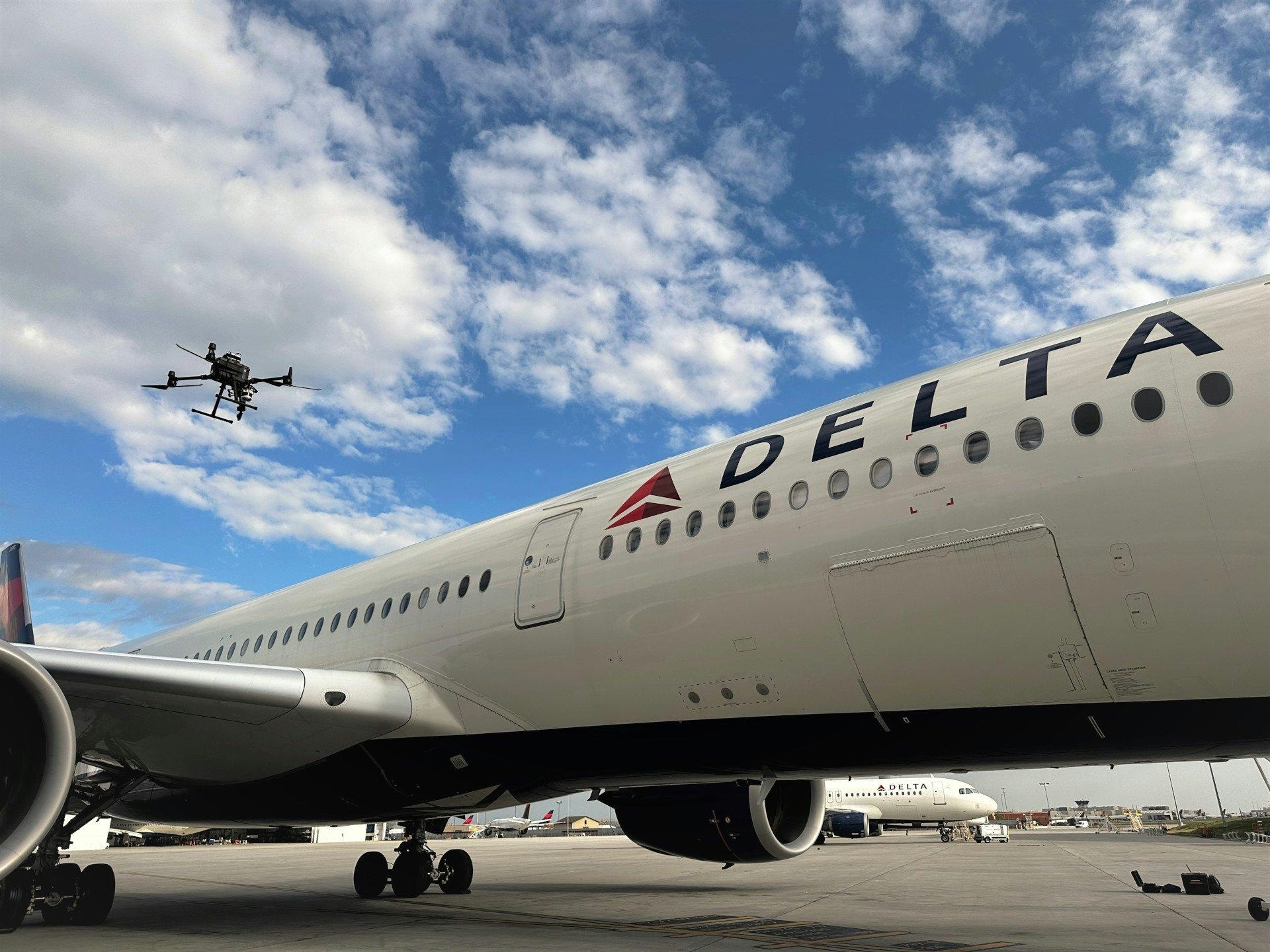エアロジニー — あなたのインテリジェントな副操縦士。
現在のトレンド
Categories
Delta Air Lines Partners with Green Taxi Aerospace to Launch Zero Engine Taxi

Delta Air Lines Partners with Green Taxi Aerospace to Launch Zero Engine Taxi
Delta Air Lines has announced a groundbreaking partnership with Green Taxi Aerospace to develop electric aircraft taxiing technology aimed at reducing fuel consumption, operating costs, taxi time, and carbon emissions. This collaboration, the first of its kind in the United States, will utilize Delta’s Sustainable Skies Lab alongside its extensive operational expertise to refine Green Taxi Aerospace’s Zero Engine Taxi™ system, initially targeting regional aircraft.
Advancing Sustainable Aviation Technology
David Valaer, Founder and CEO of Green Taxi Aerospace, highlighted the importance of the initiative, stating that the partnership represents a tangible step toward advancing aviation sustainability through cleaner and more efficient operations. The Zero Engine Taxi™ system is designed to enable aircraft to taxi using electric power instead of jet engines, potentially saving hundreds of thousands of gallons of fuel. This innovation promises significant environmental benefits alongside reductions in operational expenses.
Delta’s commitment to achieving net-zero carbon emissions by 2050 underpins this initiative. With approximately 90% of the airline’s carbon footprint attributed to jet fuel, Delta is focusing on three strategic pillars: the aircraft it operates, the manner in which it flies, and the fuel it uses. Sangita Sharma, director of Delta’s Sustainable Skies Lab, emphasized that the Green Taxi partnership exemplifies the airline’s strategy to address controllable factors today while continuing to innovate in areas such as sustainable aviation fuel and fleet modernization.
Challenges and Industry Implications
Despite its promise, the partnership faces several challenges. Regulatory approvals, technological integration with existing aircraft fleets, and the high costs associated with developing and deploying electric taxiing systems present significant hurdles. The complexity of incorporating new technology into airport operations and ensuring compatibility across diverse aircraft models will require close collaboration between Delta, Green Taxi Aerospace, and regulatory bodies.
Market responses to the announcement have been mixed. While some investors welcome the environmental advantages and potential long-term cost savings, others remain cautious about the initial financial outlay and possible operational disruptions during implementation. Given the competitive nature of the airline industry, it is anticipated that other major carriers may soon pursue similar technologies or seek regulatory incentives to remain competitive. Regional jets, which typically experience longer taxi times than larger aircraft, stand to benefit most from the Zero Engine Taxi™ system, positioning regional airlines as likely early adopters.
For U.S. regional carriers, which face rising operational costs and regulatory constraints limiting the acquisition of newer, more fuel-efficient aircraft, the Green Taxi solution offers a practical means to enhance fleet economics without violating existing scope clauses. If successful, this technology could establish a precedent for broader adoption both within the United States and internationally.
As Delta and Green Taxi Aerospace advance this initiative, the aviation industry will be closely monitoring how this innovative approach to sustainable taxiing influences operational practices and contributes to wider efforts to decarbonize air travel.

Emirates Unveils Cabin Design for New Boeing 777X

Eighteen Years On, the Airbus A380 Remains Central to a $34 Billion Airline

How a boom in luxury airline seats is slowing down jet deliveries

Navitaire Outage Attributed to Planned Maintenance

DigiYatra Debuts Outside Aviation at India AI Impact Summit

Vietnam Orders Strengthen Boeing’s Commercial Outlook

Airbus Signals Uncertainty Over Future A400M Orders

JobsOhio Awards $2 Million Grant to Hartzell Propeller for Innovation Center

Collins Aerospace Tests Sidekick Autonomy Software on YFQ-42A for U.S. Air Force CCA Program

How the Airbus A350-1000 Compares to the Boeing 777
